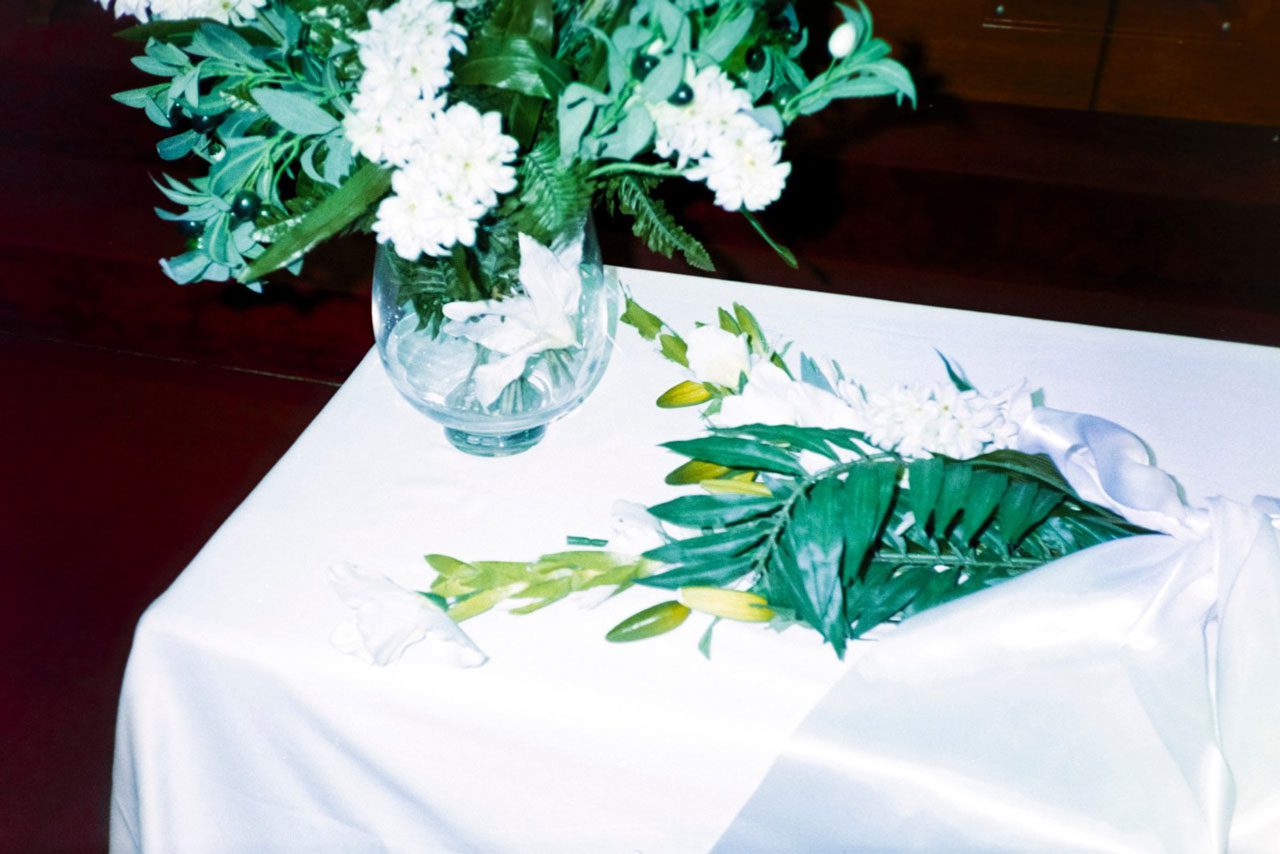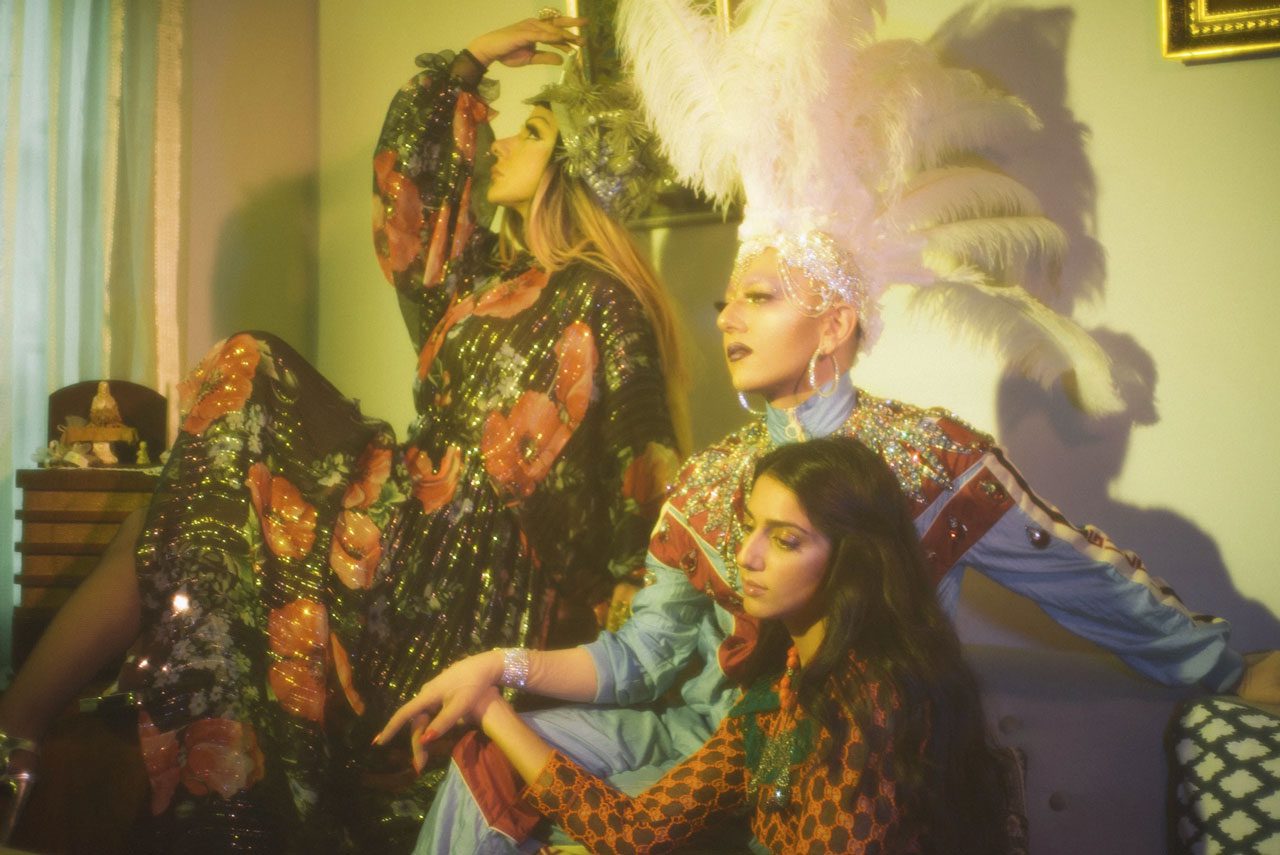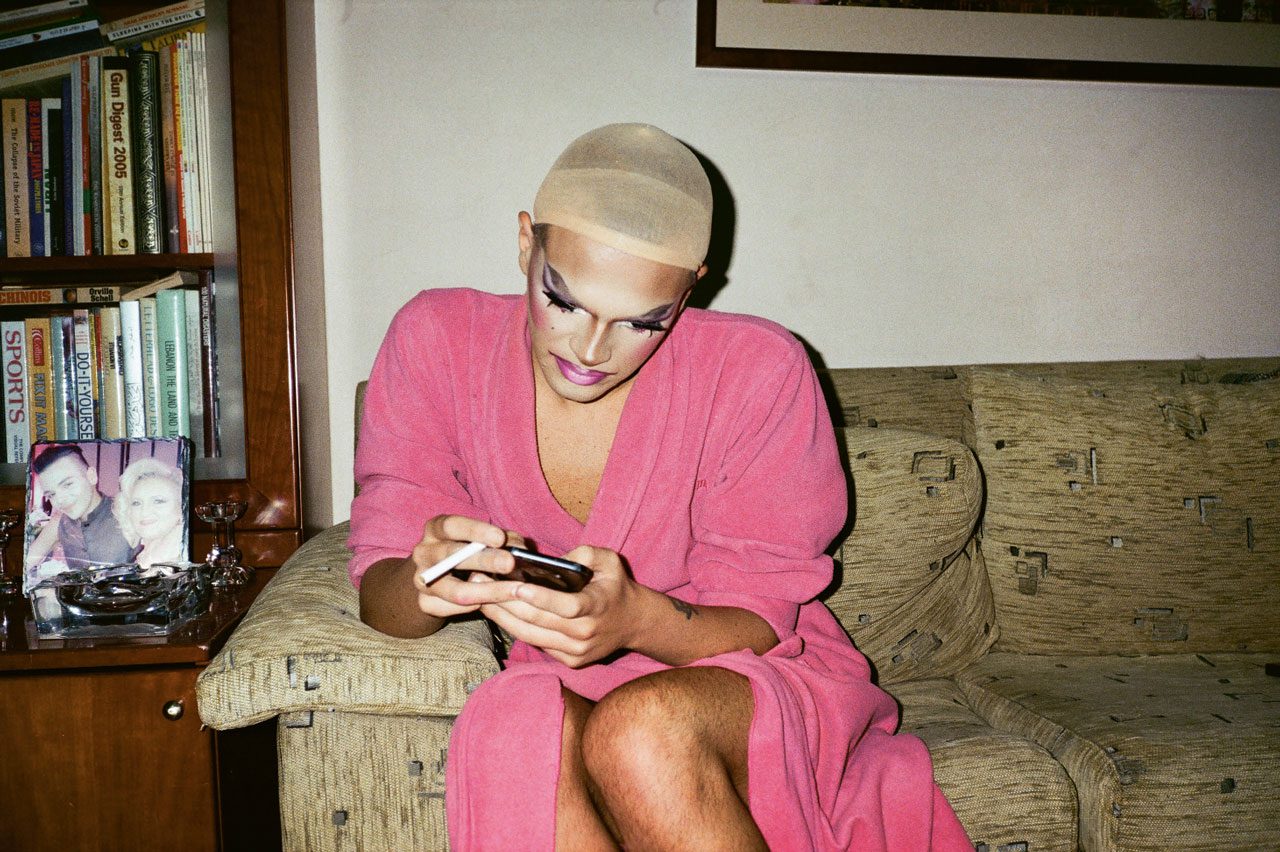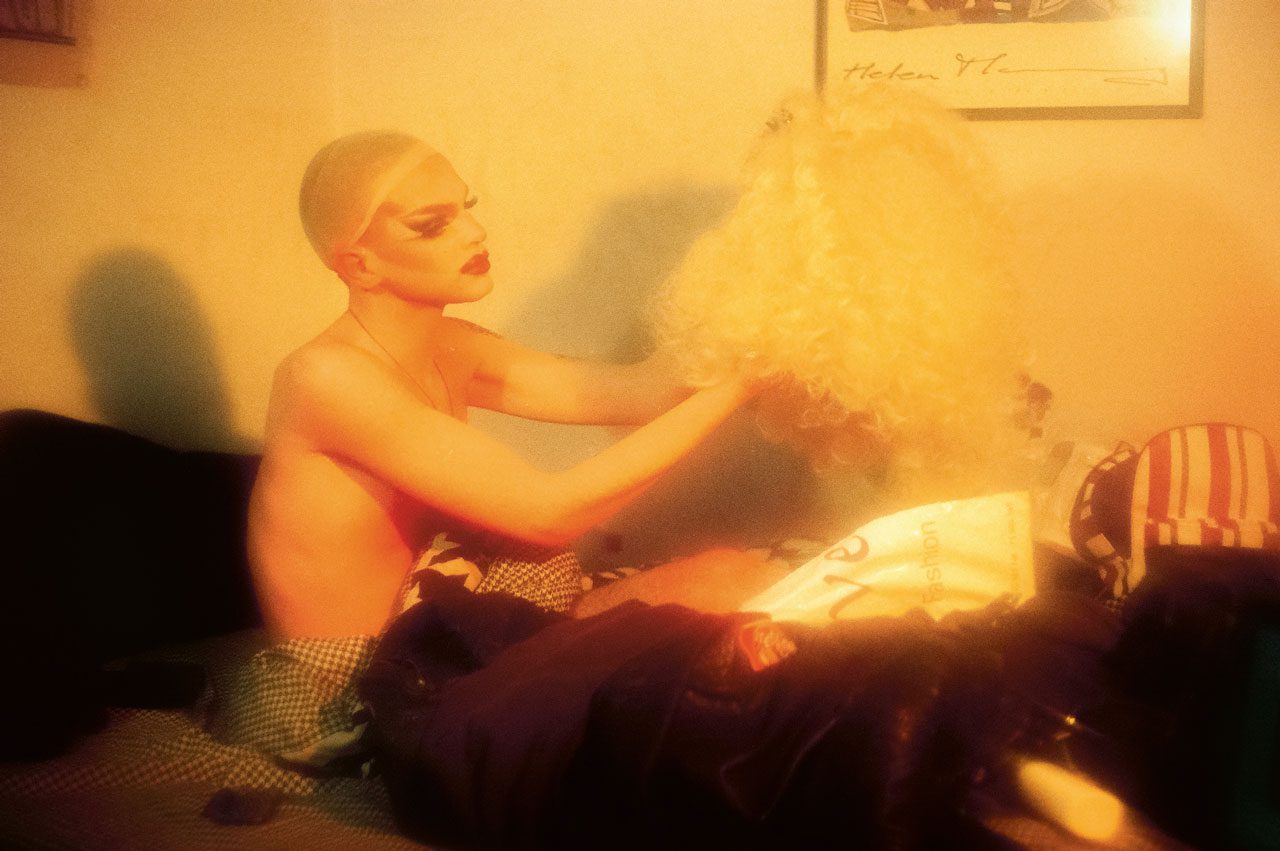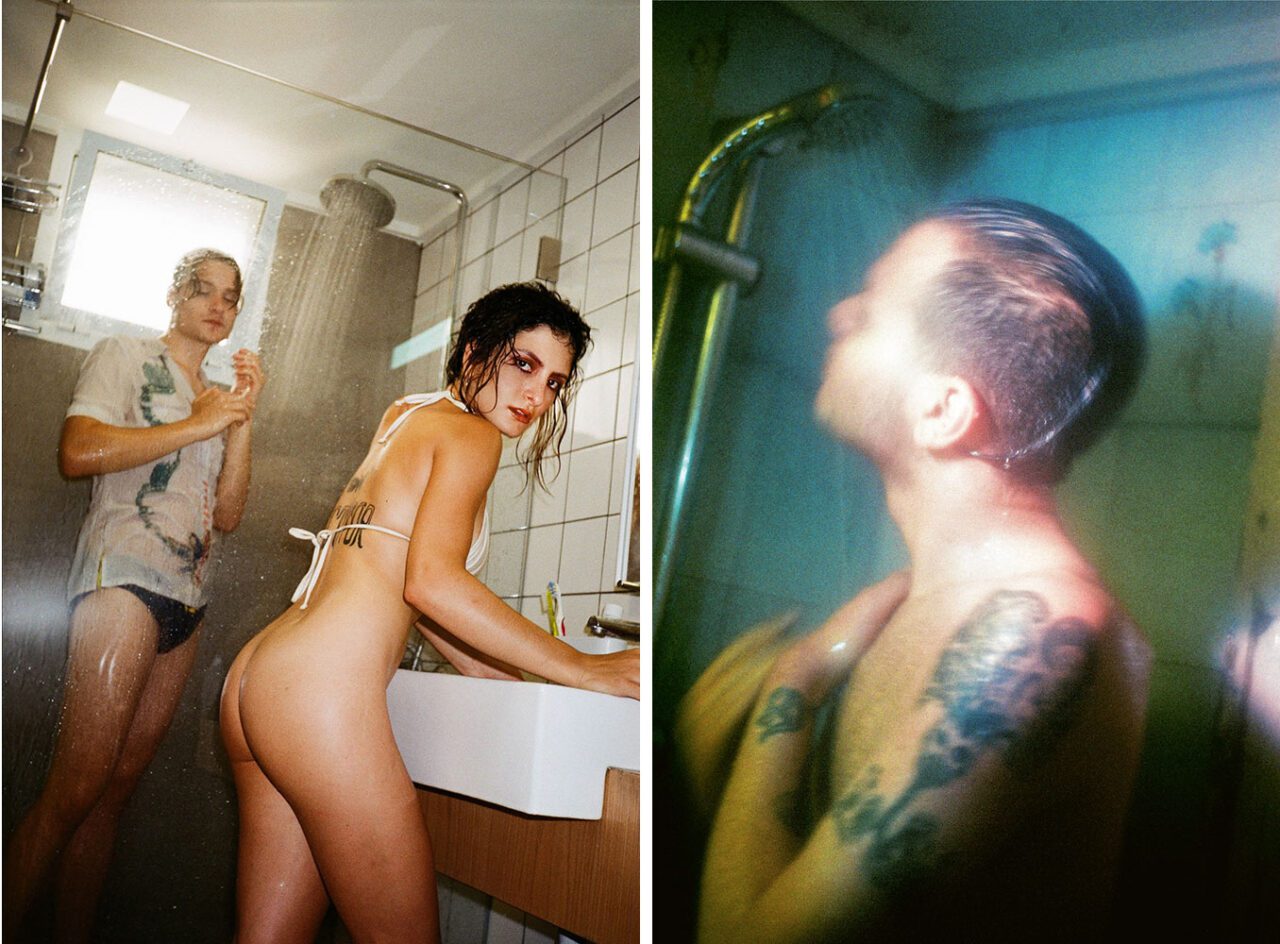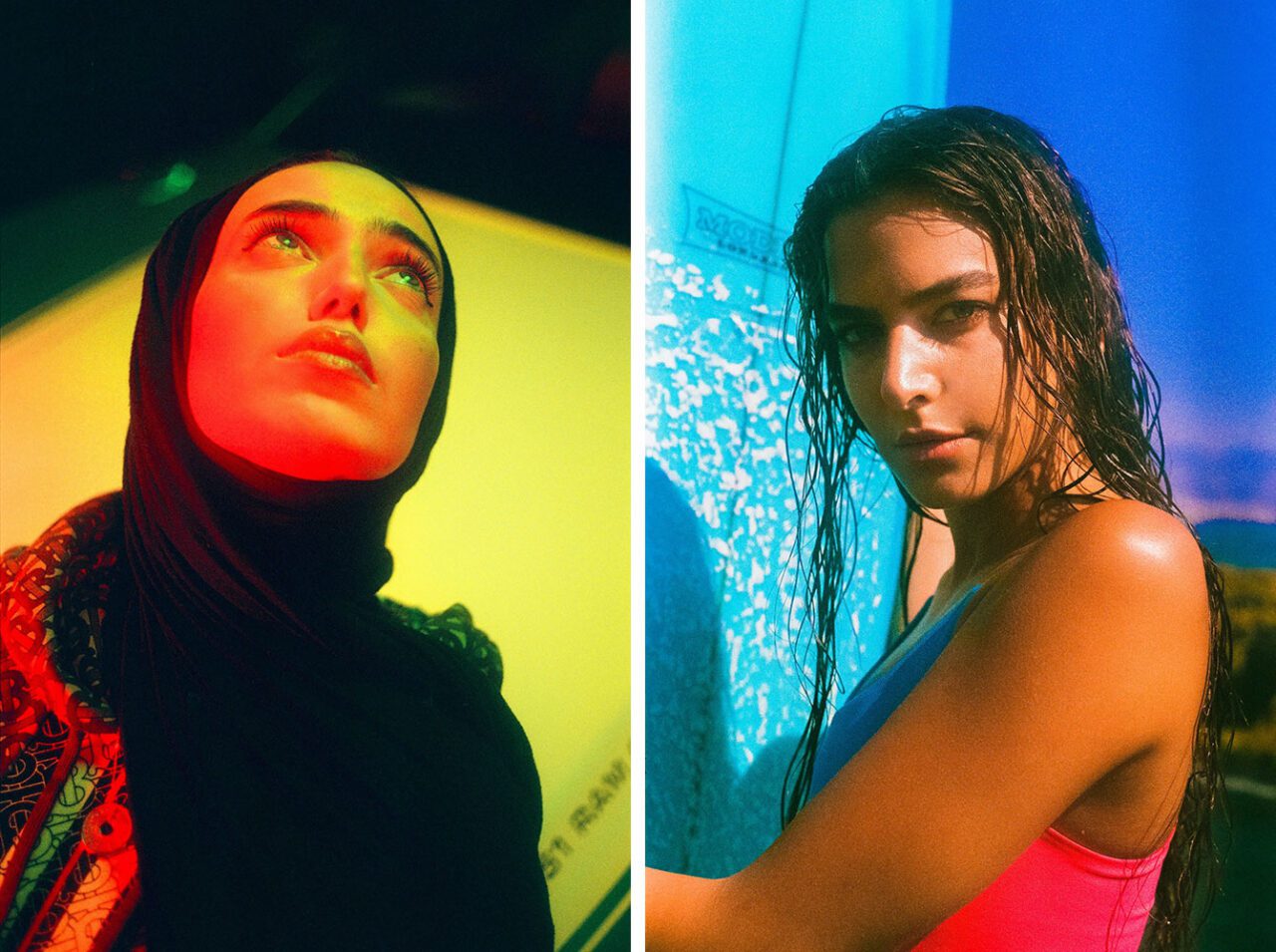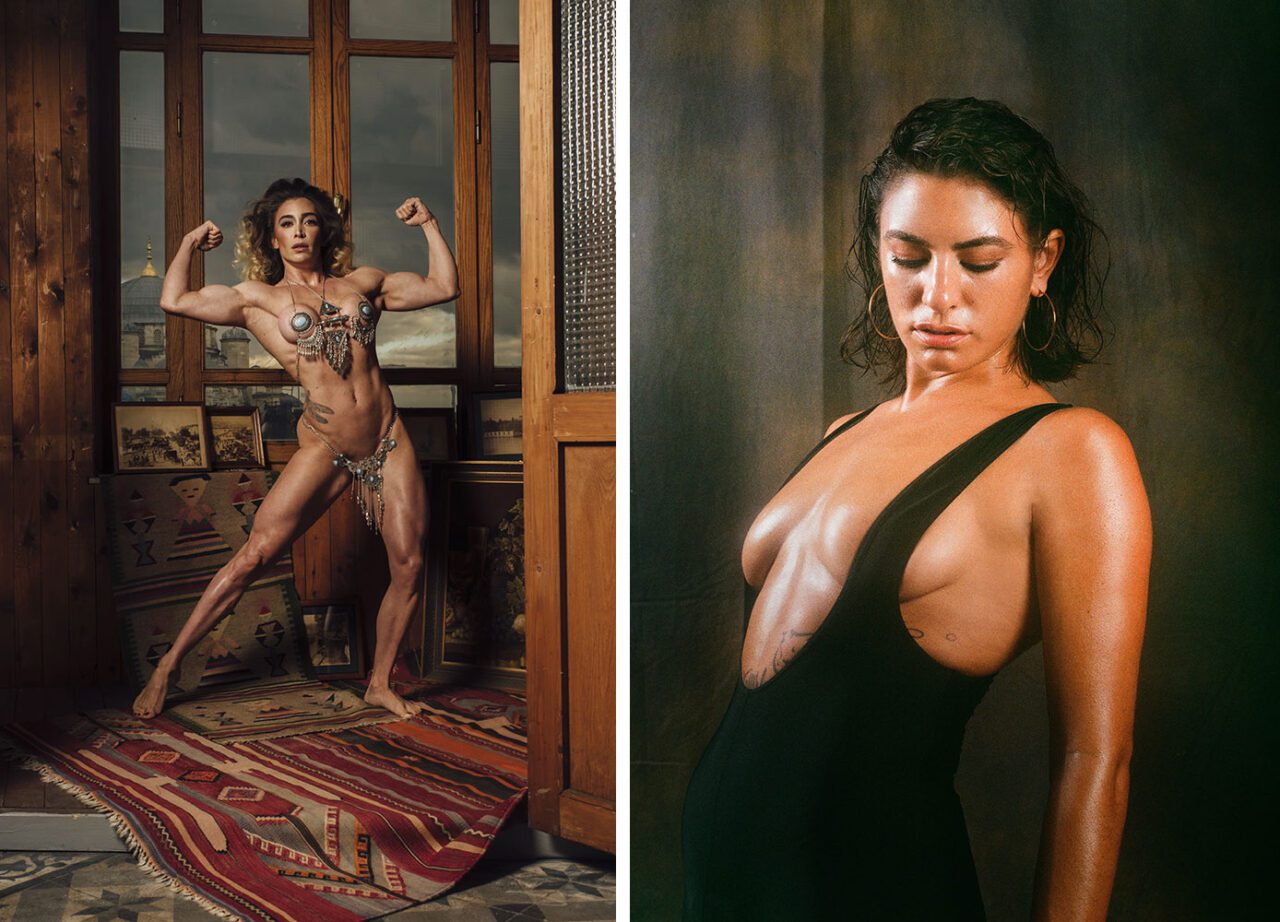PRESENTATION: Mohamad Abdouni-Barren Seeds
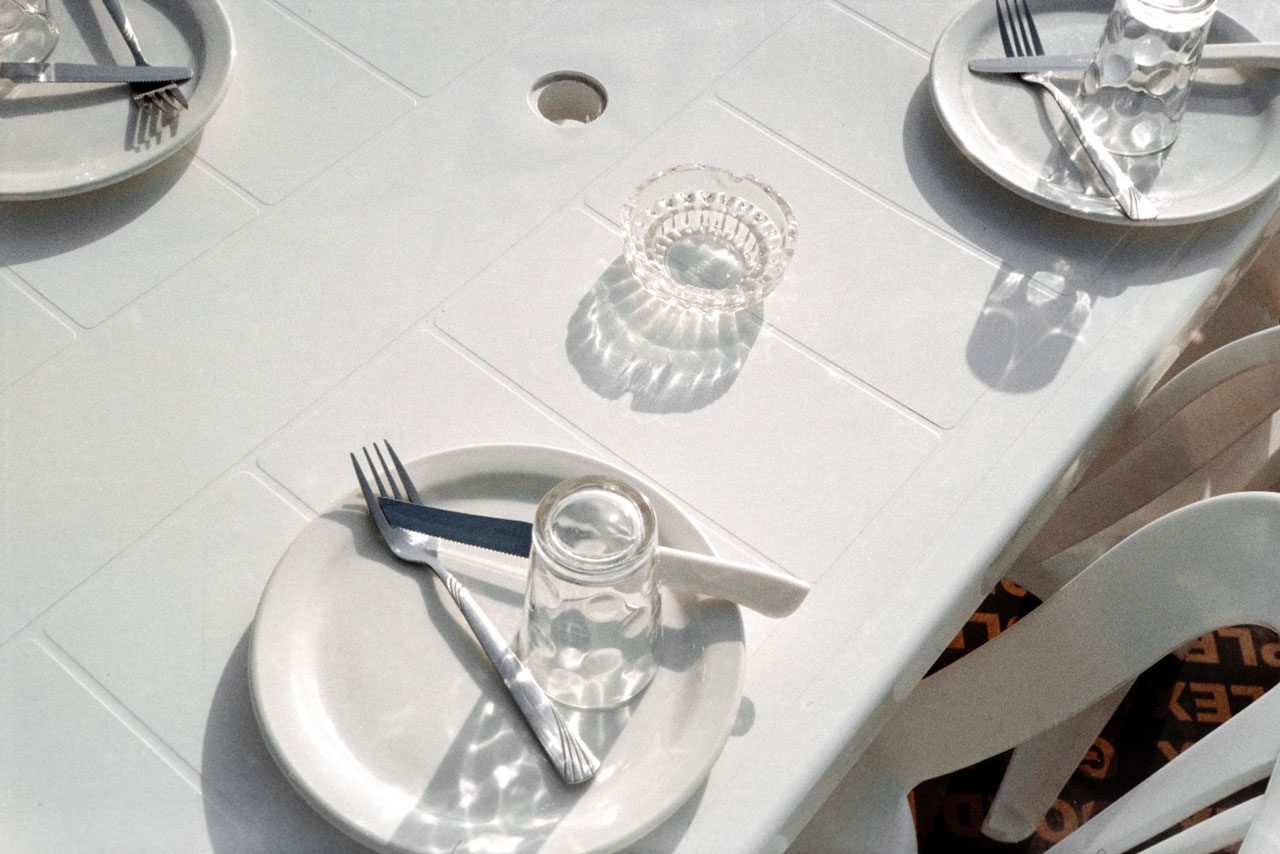 Mohamad Abdouni is an artist, photographer, filmmaker and curator based between Beirut and Istanbul. He is also Editor in-Chief and Creative Director of COLD CUTS magazine, the photo journal exploring queer cultures in the SWANA region. His personal endeavors tend to focus on the untold stories of Beirut and uncovering the rich yet eradicated queer histories of the Arab- speaking region through several documentaries and photo.
Mohamad Abdouni is an artist, photographer, filmmaker and curator based between Beirut and Istanbul. He is also Editor in-Chief and Creative Director of COLD CUTS magazine, the photo journal exploring queer cultures in the SWANA region. His personal endeavors tend to focus on the untold stories of Beirut and uncovering the rich yet eradicated queer histories of the Arab- speaking region through several documentaries and photo.
By Dimitris Lempesis
Photo: Marfa Archive
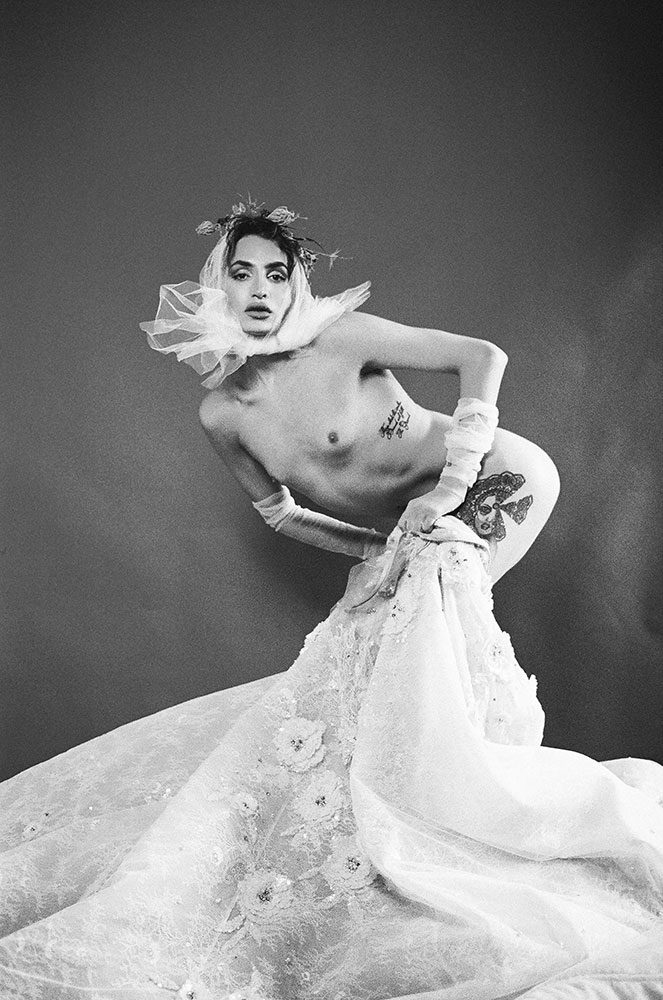
Drawing Inspiration from six of his father’s unpublished writings, Mohamad Abdouni in his solo exhibition “Barren Seeds” revisits themes prevalent in his texts, marrying his father’s fears with his own. Through worlds parallel, the artist confronts the crippling solitude of inner-loneliness and the fruitless quest for love and belonging, in his most introspective work to date. In a region where queer narratives and histories have often been erased or neglected, portrayed as a product of the West, and where homosexuality is widely criminalized, projects like Abdouni’s serve as a haven for queer people, where “our stories, histories and the culture we produce can be collective and accessed,” said Marwan Kaabour, a Lebanese, London-based graphic designer and the founder of Takweer, an online platform exploring queer narratives in Arab history and popular culture. Growing up in Tariq al-Jadideh, Abdouni says his family was “poor,” although that didn’t stop his parents from pushing burdensome boundaries to enroll him and his siblings in one of the most acclaimed and elite schools in the country, Collège Notre-Dame de Jamhour in Baabda. The summer before his first year of college, he bought a 35-millimeter camera from a flea market. His interest in photography at the time, he said, was partly driven by a fear of forgetting. He explained that he quickly realized the camera could soothe this fear, and after that, he said, “I just never let it down.” After graduating from college, obtaining a degree in fine arts and communication arts, Abdouni worked as a comic artist for a while, an art director in different design studios and was even a curator for exhibitions. For the first 10 years, Abdouni wouldn’t take professional photos, only capturing moments from his daily life. In retrospect, he thinks that his professional career as a photographer today just happens to be a “very beautiful coincidence that resulted from that fear [of forgetting].” At one point, he said, he began publishing some of his photos on Instagram. His photography hobby eventually developed into a full-fledged career, creating work that has been exhibited at the Foam Gallery in Amsterdam, the Brooklyn Museum in New York, the Institute of Islamic Culture in Paris and in festivals around Europe. Abdouni’s work includes more commercial projects such as his fashion shoots for Vice UK, Vogue Italia, Gucci, Farfetch and L’Officiel, to name a few. On the other hand, his more personal ventures — documentaries and photo series featuring Beirut’s queer community — have also amassed global attention, both digitally and in print. Abdouni’s photography style is a melting pot of inspiration and curious aesthetics; highly romanticized retro lighting is, however, consistent throughout all his projects. His pictures capture beauty of a strange kind. There is no peaceful or soothing comfort in them, at least not in a typical or traditional form. Working with marginalized groups such as the LGBTQ+ folks in Lebanon, where sensitivities are greater and the dangers inherent in exposure much higher, there’s already a lot of pressure. Abdouni says this particular kind of work feels heavy, but “a good heavy, a needed heavy.” While a series of court rulings in Lebanon in recent years have held that consensual sex between people of the same sex is not unlawful, the social stigma remains. The queer community is still marginalized and largely at risk, their plight heightening amid the COVID-19 outbreak in the country and the tragic port explosion in 2020. According to Abdouni, the criminalization of queerness is a nuanced and complex issue, as it takes different forms throughout the SWANA region, but even within various cities and towns within one country.
Abdouni’s drive to birth Cold Cuts came from frustration with the lack of accurate, substantial and dignified documentation of queer Arab history despite the rich culture of the community. The first edition of Cold Cuts was released in 2017, featuring the work of over 30 creatives, photographers and performers gracing the publication’s 172 pages. Following its debut issue, Cold Cuts released the award-winning documentary “Anya Kneez: A Queen in Beirut”. In Abdouni’s words, the short form documentary “offered a glimpse into the life of the boy who revived the drag scene in the clubs of Beirut, and toured international film festivals around the globe”. The subject of the film, Charlie Nicola, also known as Anya Kneez, his drag persona, is also Abdouni’s best friend, who he has known for more than a decade. The documentary was shot over a weekend in 2017 with Abdouni’s “little camera,” as Nicola was transforming into Anya before a show. A few months after that weekend, Abdouni secretly recorded him as they were having a conversation wherein Nicola explains how it felt to move from NYC, “a queer Mecca,” back to the Middle East. The recording was eventually coupled with the footage. In 2019, a special edition of Cold Cuts, Doris & Andréa, was released simultaneously with the opening of an exhibition of the same name at the Institute of Islamic Culture in Paris. The issue documents the lives of Doris and her genderqueer son Andréa, as they “challenge the social norms of a patriarchal society and the so-called family values of a Middle Eastern family.” Abdouni said his work is never based on a particular intention. Instead, his projects are born authentically, in the spur of a moment, or by meeting a new person, something that spikes his curiosity or feeds into his frustration. According to him, the magazine started off as a fun playground, a “project caprice.” The editorial content eventually shaped up in an intrinsic inclination, which then organically grew into a queer-focused publication. Abdouni’s most recent book, “Treat Me Like Your Mother: Neglected Trans* Histories From Beirut’s Forgotten Past”, released with Cold Cuts, navigates a collection of untold stories, archival images and studio portraits of 10 trans women living in Beirut. The inspiration for it came after Nicola attended a queer open mic night at the Haven for Artists venue in Beirut. Each of the women portrayed is between their late 30s and 50s, aiming to demonstrate not only their charged history in the (then) war-torn and complex country, but also drawing attention to their alienation, forced upon them by society. The subjects of the book were all paid, which is not typical in documentary or journalistic work. Abdouni said that was because “we were told by Helem that the only way these women are actually going to give us time of day is” to pay them. “The women, almost all of them, came in kind of pushing back, like ‘I’m here to do what I need to do and get my money,’ because they’re used to that. They’re used to foreign [media] coming to get their stories of trauma and drama, and then leaving.”
Photo: Mohamad Abdouni, Courtesy the artist and Marfa’ contemporary art gallery
Info: Marfa’ contemporary art gallery, Beirut, Main Street Port District, Door Nb 25, Lebanon, Duration: 17/9-7/12/2024, Days & Hours: Mon-Fri 11:00-18:00, Sat 14:00-18:00, https://marfaprojects.com/
